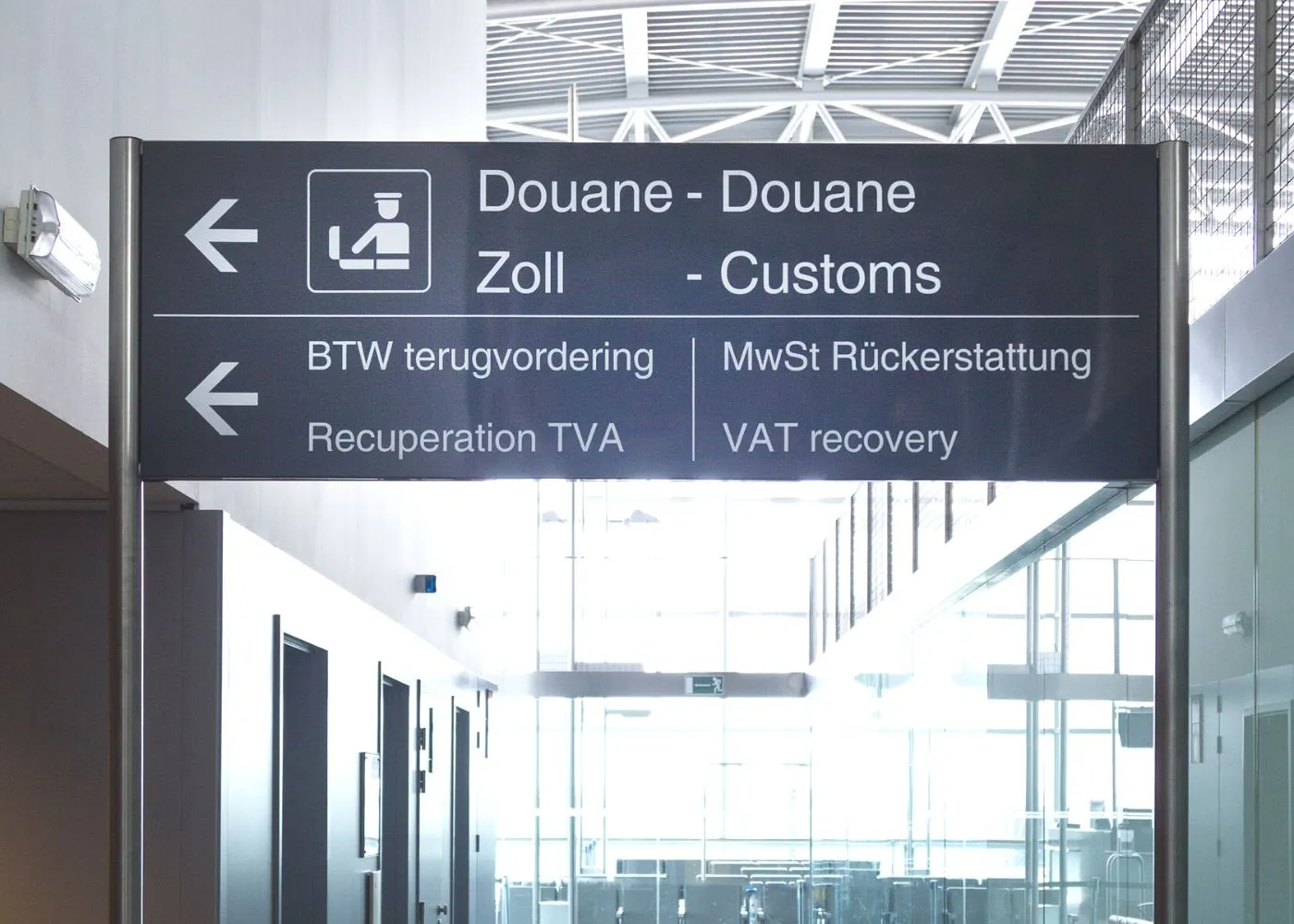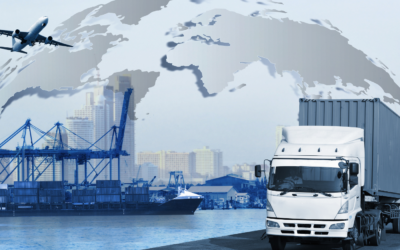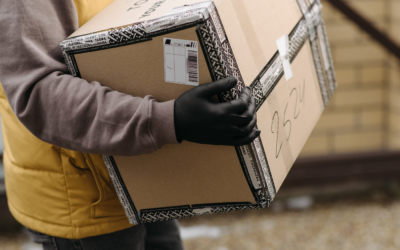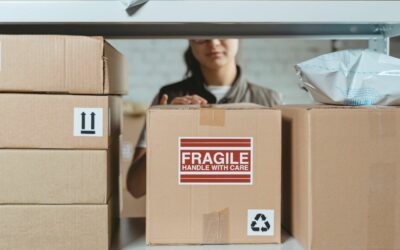On vous indique un colis bloqué en douane ? Il peut être retenu dans un port, un aéroport ou une frontière terrestre. Dans ce cas, il est inutile de vous adresser au centre d’appel IDS (Infos douane service). Les services douaniers ne peuvent pas vous renseigner sur la situation de votre livraison. Voici tout ce que vous devez savoir pour récupérer votre produit.
À qui s’adresser si son colis est bloqué en douane ?
Le système de suivi de colis, géré par la société de livraison chargée de votre envoi, vous informe que votre produit est retenu par les services douaniers ? La première chose à faire dans ce cas, c’est de contacter votre transporteur. C’est à lui que revient la responsabilité de votre opération de transport et des formalités douanières la concernant. Il a pour rôle d’assurer le suivi de l’expédition de bout en bout.
Grâce à sa base de données, la société de livraison a connaissance exacte de la situation de tous les objets qu’elle expédie. Elle peut donc vous informer des raisons pour lesquelles votre colis est retenu en douane. Elle est en mesure de vous indiquer les démarches à suivre afin de le récupérer.
Pour quelles raisons un colis peut-il être retenu par les services douaniers ?
La douane a une double mission. La première consiste à contrôler la sécurité de son propre pays en luttant contre le terrorisme et le trafic en tout genre, ainsi qu’en protégeant la santé des citoyens et des espèces animales. Le deuxième rôle des services douaniers est relatif à la fiscalité. Ils sont tenus de collecter la TVA (Taxe sur la valeur ajoutée) et les droits de douane. Par conséquent, les douaniers doivent vérifier la contenance de chaque colis et s’assurer que les déclarations correspondent à la marchandise.
Être notifié que votre envoi est « bloqué sous douane » ou « bloqué en douane » ne signifie pas forcément que les services douaniers sont en possession de votre colis. C’est une indication générale qui vous informe que votre livraison fait l’objet de quelques formalités administratives d’importation ou de contrôle, ce qui peut entraîner un certain retard. Ce contre-temps peut aussi être dû à des anomalies logistiques, d’où la nécessité de prendre attache avec votre transporteur. Voici les 4 cas les plus courants d’un blocage de marchandise en douane.
1. Des produits soumis à des restrictions
Certaines marchandises telles que le tabac ou l’alcool sont soumises à des restrictions. Celles-ci sont d’autant plus strictes lorsqu’il s’agit d’envois à l’extérieur de la zone de l’UE. Il y a aussi des produits interdits dans certains pays et autorisés dans d’autres. Étant donné sa mission de contrôle de sécurité, la douane peut saisir des marchandises non conformes à la législation en vigueur.
2. Des documents d’accompagnement en attente
Votre transporteur doit fournir des documents spécifiques pour accompagner la marchandise traversant la frontière. Il s’agit par exemple de certificat de conformité, de contrôle sanitaire ou de mandat de représentation en douane. Les services douaniers sont particulièrement intransigeants avec des livraisons sensibles à l’image des produits d’origine animale ou des espèces de la flore et de la faune sauvages en voie d’extinction. Il suffit d’une seule attestation manquante pour que votre envoi reste bloqué jusqu’à réception du document.
3. Des marchandises non déclarées
La douane enregistre et vérifie chaque déclaration à l’aide de documents officiels tels que des factures. Cela lui permet de calculer la TVA et les taxes de douane à collecter. Une preuve de valeur erronée ou manquante peut entraîner une amende et/ou la saisie de la marchandise.
4. Des taxes douanières impayées
Toute marchandise dont les taxes douanières n’ont pas été payées reste bloquée sous douane. Dans ce cas, votre transporteur doit dédouaner votre envoi pour le récupérer. Cela peut également concerner les achats en ligne. Tournez-vous vers le service client du site e-commerce en question pour savoir où en est votre colis.
Quelles sont les conséquences d’un blocage en douane ?
Au sein de la zone UE, le déblocage d’un colis sous douane nécessite un ou deux jours de traitement. Cependant, les formalités de dédouanement dans certains pays tiers peuvent être très longues. Le délai de traitement dépend du motif du blocage et de la réactivité de votre transporteur, d’où l’importance de le contacter le plus rapidement possible.
Les frais supplémentaires suite à une retenue en douane
Votre prestataire de livraison peut vous facturer des frais en plus si votre colis se retrouve bloqué par les services de douane. Il s’agira de :
- frais de manutention, de dédouanement ou de traitement de dossier en douane ;
- frais de dédouanement de la marchandise ;
- honoraires de structuration et de contrôle des produits ;
- honoraires de préparation à la déclaration en douane.
Vous l’aurez compris, votre transporteur peut ajouter à vos frais toute action qu’il mettra en place pour récupérer votre colis et qui lui engendrera des dépenses supplémentaires. Le contrôle de la marchandise, par exemple, implique le déplacement d’un agent et l’utilisation de scanneurs.
Ces frais dépendent de la société de transport que vous avez choisie. Il est alors important de vous renseigner auprès de son service client pour connaître les tarifs appliqués en cas d’intervention en douane. Mais si vous voulez vous prémunir de ce genre de situation, assurez-vous de fournir dès le départ de votre marchandise tous les documents nécessaires à son expédition.
Les sanctions prévues par le Code des douanes
L’article 66 du Code des douanes autorise les services douaniers à confisquer les articles prohibés ou de contrefaçon. Aucun recours n’est possible dans ce cas. La saisie du produit entraîne alors sa destruction. L’acheteur est par ailleurs sanctionné d’une amende.
Les marchandises non déclarées font également l’objet d’une confiscation irréversible, selon l’article 410 du Code des douanes. Cette situation correspond à une contravention de première classe. Elle peut engendrer une amende de 300 à 3 000 euros. Les cas de fraudes ou de contrefaçon sont quant à eux sanctionnés pénalement.
Que faire si son colis est retenu en douane ? Ce qu’il faut retenir
Dès que vous constatez le blocage en douane, contactez votre prestataire de livraison. Menez-vous de votre numéro de suivi de commande. Il permettra à l’opérateur de retrouver votre colis en cours de dédouanement, de vous renseigner sur sa situation et d’identifier le problème.
Qu’il s’agisse d’un dépassement de valeur ou de manque de documentation, la saisie sera maintenue jusqu’à ce que les services de douane reçoivent le versement de la somme due ou le complément de dossier. Votre transport peut agir en votre nom pour débloquer la situation avec les services de douane. Il peut vous facturer des frais administratifs liés à ce type d’opération.
Il est important alors de vous renseigner à l’avance sur les obligations douanières propres à votre type de produit et à sa provenance ou destination. Le service de transport de votre prestataire devrait vous aider à trouver la liste des conditions d’exportation ou d’importation vous concernant. Cela vous permettra d’éviter de retrouver votre colis bloqué en douane.
Sources :





0 commentaires